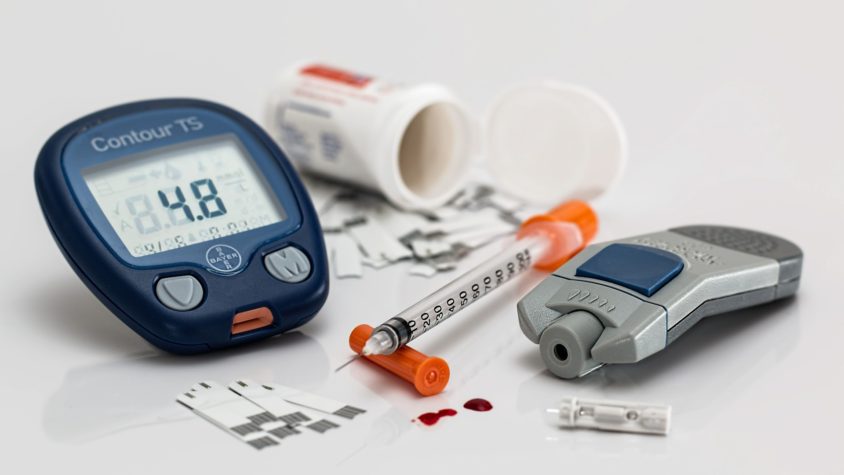By Shahneel Ahmed 30.3 million adults in the U.S. currently have diabetes, and in the last 20 years, the number of adults with diabetes has more than tripled. Diabetes is a disease in which your blood glucose levels are too high. Glucose is your body’s main source of energy and comes from the ...
By Shahneel Ahmed
30.3 million adults in the U.S. currently have diabetes, and in the last 20 years, the number of adults with diabetes has more than tripled. Diabetes is a disease in which your blood glucose levels are too high. Glucose is your body’s main source of energy and comes from the food you eat. When blood glucose levels rise after a meal, the pancreas releases the hormone insulin. Insulin helps muscle, fat, and liver cells absorb glucose from the bloodstream, lowering glucose levels. When your body doesn’t make enough insulin or doesn’t use insulin well, glucose stays in your blood and high blood sugar levels result in diabetes.
There are three types of diabetes – Type 1, Type 2, and Gestational. In Type 1 diabetes, the body does not produce insulin. The body’s immune
system mistakenly sees the insulin producing cells in the pancreas as foreign, and destroys them. Those with Type 1 diabetes treat their condition by taking insulin injections. Type 1 diabetes is usually diagnosed in children and young adults and makes up only 5% of the diabetes cases. Type 2 diabetes is the most common form of diabetes. In Type 2, your body does not use insulin properly. This is also referred to as insulin resistance. You can develop Type 2 diabetes at any point in your life, including childhood. However, it occurs most often in middle-aged and older people.
Some people affected with Type 2 diabetes can treat their condition with healthy eating and exercise. Others may need oral medications or insulin injections. Gestational diabetes develops in some women during pregnancy when their body is unable to make and use all the insulin it needs.
Gestational diabetes usually goes away after birth, but increases your risk of developing Type 2 diabetes later in life.
Over time, diabetes can lead to other health problems, such as heart disease, stroke, kidney disease, nerve damage, and eye, foot, and teeth problems. You can be at risk for developing diabetes if you are overweight, 45 years or older, physically active less than 3 times a week, and/or have a parent or sibling with diabetes. You can prevent and/or manage diabetes with simple lifestyle changes such as weight loss, healthy diet, and exercise.

